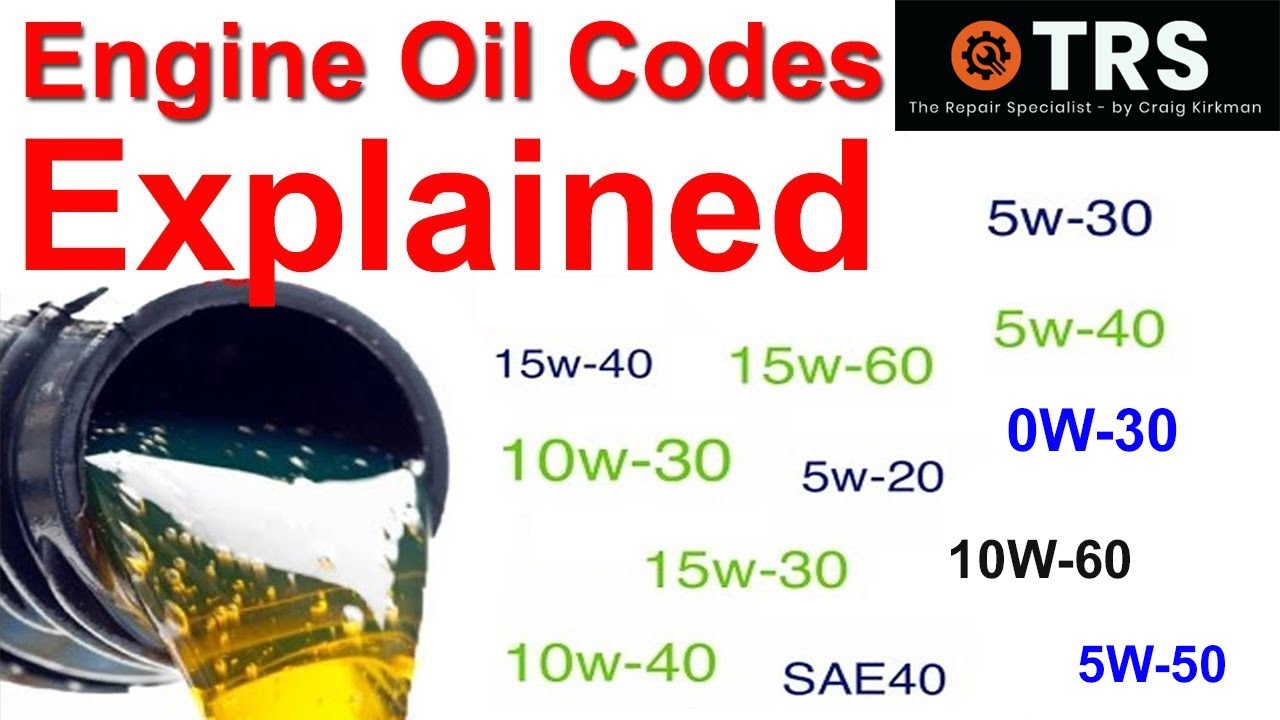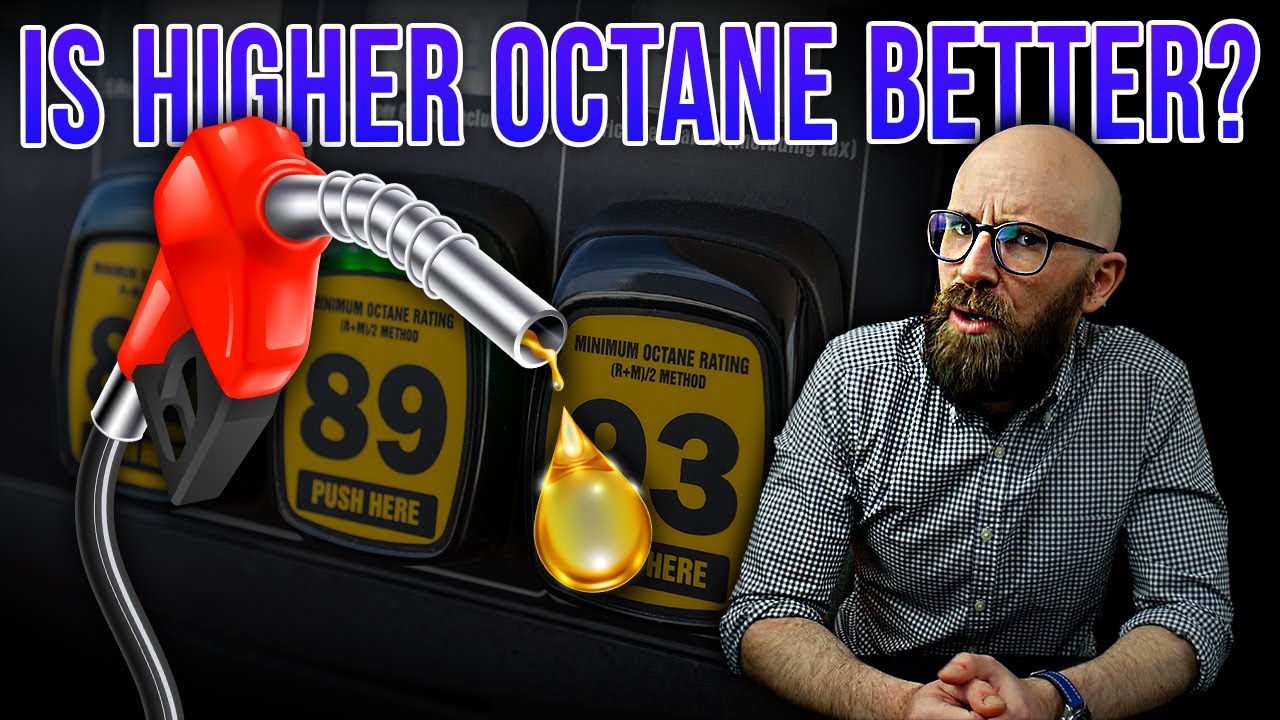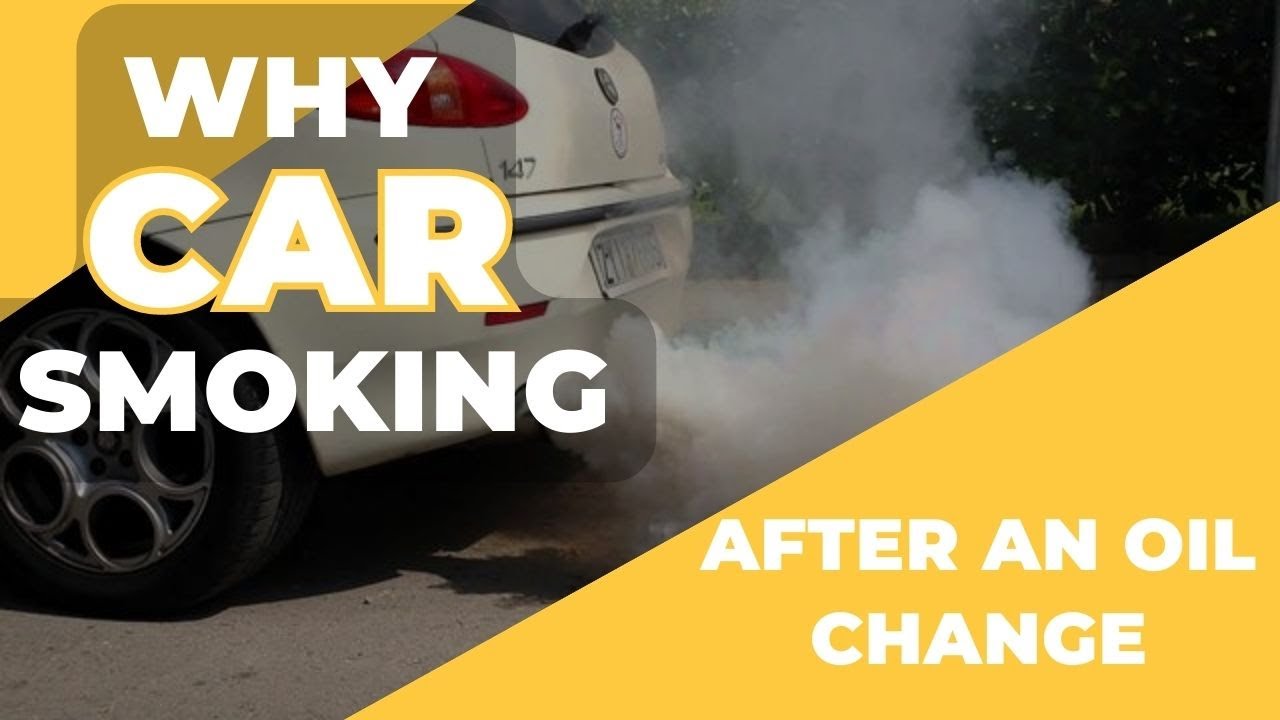Why is it important to recognize the signs of a faulty oil cooler, and what does the big deal mean? You need oil for your car’s engine in order for it to work. There are a lot of moving parts, and they all need lubrication to work well. Curiously, the oil cooler is required since the oil absorbs a great deal of heat while lubricating these moving parts.
Your car’s engine parts won’t work as well if the oil cooler isn’t there to keep the oil cool. Your engine’s efficiency and longevity will begin to decline over time. What exactly are the signs of a bad oil cooler, then? I will begin by explaining how oil coolers function.
Signs of a Bad Oil Cooler
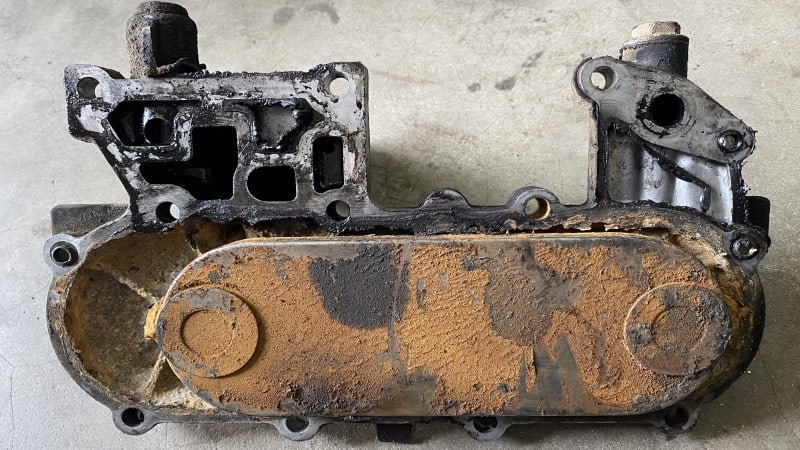
You may expect your car’s oil cooler, like any mechanical gear, to go down eventually. Time to failure is conditional on a number of variables, but failure is inevitable. Ultimately, it has a finite lifespan. Applying the right maintenance protocols is the best course of action. Still, you can always tell when an oil cooler is malfunctioning. Although these symptoms can indicate additional issues with your vehicle, in most cases they indicate that your oil cooler is malfunctioning. Some signs of an oil cooler that isn’t working properly are these.
Oil Leakage
The oil cooler is linked to the oil lines using an adapter. If the adapter were to break, it would cause a leak that would drain the cooler and engine of oil. Depending on the magnitude of the breach, different amounts of oil are released. A little puddle could be the result of a minor leak, but a continuous flow of oil could indicate a major problem.
Coolant Leakage
If the outside of an oil cooler fails, the engine’s coolant could seep out. A little pool of coolant beneath the car is possible as a consequence of the leak. If the oil cooler is faulty, it could leak coolant and lead to engine overheating. Hire an expert to assess the situation and take charge.
Decreased Engine Efficiency
Reduced engine performance is an indication of a malfunctioning oil cooler. Because the amount and rate of cooled oil are reduced, the engine of the car will get hotter. A decrease in acceleration, for example, or other engine operations is a common result of this.
Dark Tobacco
When the oil cooler in your engine fails, oil will flow out into the combustion chambers. When oil is present in such chambers, the exhaust of the vehicle releases a strong odor of black smoke. You risk damage engine components if you don’t switch off the vehicle as soon as you detect this.
Vibrations
When oil enters combustion chambers due to a malfunctioning oil cooler, it not only emits black smoke from the exhaust but also produces vibration. Caused by explosions in the car’s cylinders, the vibration is noticeable. If you don’t have a skilled mechanic take a look at these vibrations right away, they could cause more harm to your vehicle.
Radiator Inflammation
A bloated radiator is a telltale indicator of a malfunctioning oil cooler. Distended oil radiators aren’t the only thing that might reduce engine performance; damaged hoses are another culprit. This can be discovered by physically inspecting the engine of your vehicle.
Coolant Containing Oil
Oil temperature is controlled by the use of coolant in tube and shell oil coolers. At its most efficient, an oil cooler will circulate coolant through its tubes without ever coming into touch with the oil. When an oil cooler stops working, it can put pressure on the cooling system, which would then drain the coolant into the oil pan. As a result, coolant ends up in the oil, which is bad for the engine and can cause it to shut down if not dealt with quickly.
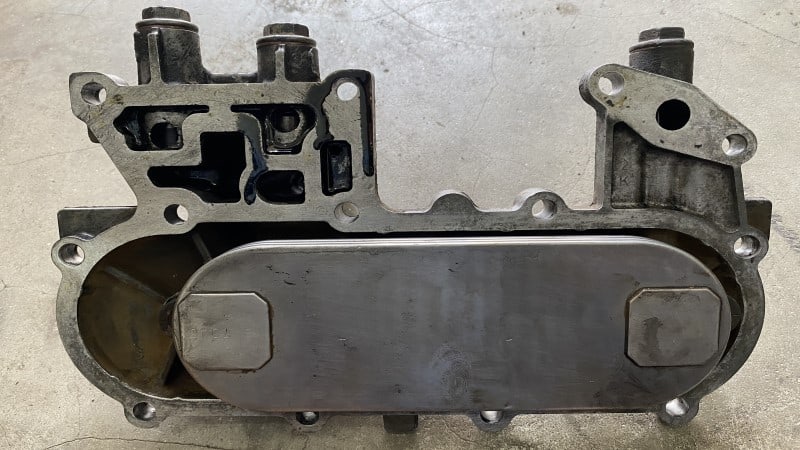
Conclusion
When the cooling systems in your vehicle are in good functioning order, it performs at its best. Maintaining a well-oiled oil cooler is essential since it provides indirect support for the cooling system. I hope this helps you recognize the signs of a malfunctioning oil cooler. Being aware of the benefits and drawbacks of the oil cooler is also highly recommended. By maintaining your oil cooler properly, you may prevent your vehicle from experiencing some of the issues that can arise from an inadequate oil cooler.

